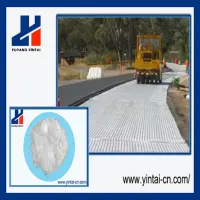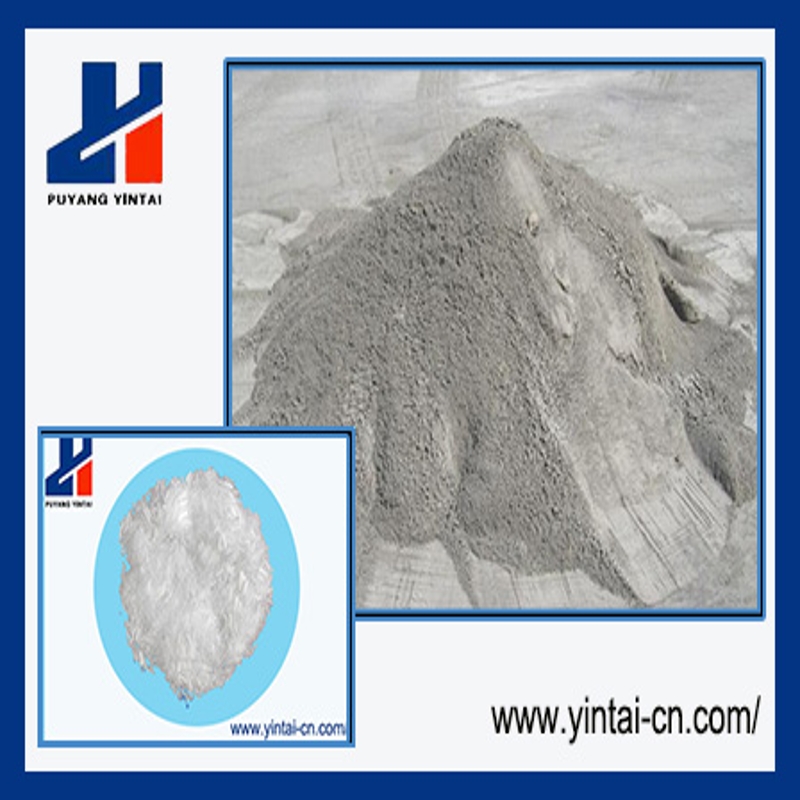-
Categories
-
Pharmaceutical Intermediates
-
Active Pharmaceutical Ingredients
-
Food Additives
- Industrial Coatings
- Agrochemicals
- Dyes and Pigments
- Surfactant
- Flavors and Fragrances
- Chemical Reagents
- Catalyst and Auxiliary
- Natural Products
- Inorganic Chemistry
-
Organic Chemistry
-
Biochemical Engineering
- Analytical Chemistry
- Cosmetic Ingredient
-
Pharmaceutical Intermediates
Promotion
ECHEMI Mall
Wholesale
Weekly Price
Exhibition
News
-
Trade Service
On November 4, Sinopec, Shell, China Baowu and BASF signed a memorandum of understanding
in Shanghai.
The four parties will jointly build China's first open 10-million-ton carbon dioxide capture, utilization and storage (CCUS) project
in East China.
According to reports, the project can transport the carbon sources generated by industrial enterprises along the Yangtze River, including chemical plants, steel factories, power plants, cement plants, etc.
, to the carbon dioxide receiving station through tank ships, and then transport the carbon dioxide from the receiving station to onshore or offshore storage points
through short-distance pipelines.
The project will provide industrial enterprises in East China with flexible and effective integrated CO2 emission reduction solutions, help decarbonize existing industries in East China, and build a low-carbon product supply chain
.
East China has a vibrant economy and a number of national industrial parks, and the development of CCUS is in line with the decarbonization needs
of the region.
Taking Jiangsu Province as an example, there are many national industrial parks
such as Nanjing Economic Development Zone, Yangzhou Economic Development Zone, Suzhou Industrial Park, and Nantong Economic Development Zone along the river.
Industry insiders believe that the deployment of CCUS cluster projects in the region can effectively reduce the cost of decarbonization and significantly improve the overall operational efficiency
.
Decarbonized products are becoming increasingly valuable
in the global transition to a net-zero environment.
The four enterprises in this cooperation complement each other's advantages, and use CCUS as a link to jointly build a green and low-carbon supply chain and enhance the international competitiveness
of products.
Sinopec, Shell, China Baowu and BASF are all industry leaders, and Sinopec took the lead in building China's first megaton CCUS project, with CCUS industry chain technology and practice; Shell has technical capabilities covering the entire industry chain and experience in the commercial operation of international projects; China Baowu is the world's largest steel company, and the first domestic enterprise to release a carbon neutral metallurgy technology roadmap to the world; BASF is one of the world's largest industrial enterprises and has an international influence
in the establishment of industry standards and related certifications.
Ma Yongsheng, Secretary of the Party Group and Chairman of Sinopec, said that the four parties will work together to expand the path of commercial decarbonization and actively promote the development of the entire CCUS industry chain, which will not only contribute to China's but also the global green development
.
Haibo, director of downstream business at Shell Group, said carbon capture and storage provides an effective way
to reduce carbon emissions for industries that are difficult to reduce emissions.
The project fits well with Shell's carbon reduction strategy to provide customized decarbonisation solutions for different industries and will contribute
to Shell's capacity to capture and store at least 25 million tonnes of carbon per year by 2035.
Dr.
Keli, Member of the Executive Board of BASF SE and responsible for Asia Pacific, said that climate protection is an important part of BASF's strategy, and BASF wants to achieve net-zero global CO2 emissions
by 2050.
Working with partners to develop and use existing and new technologies, such as CCUS, is critical
to accelerating the green and low-carbon transition across industries.







